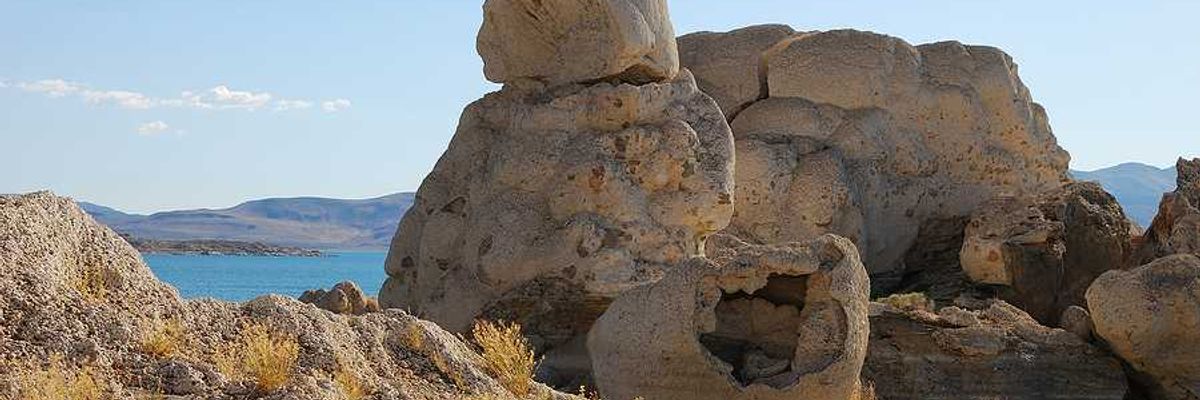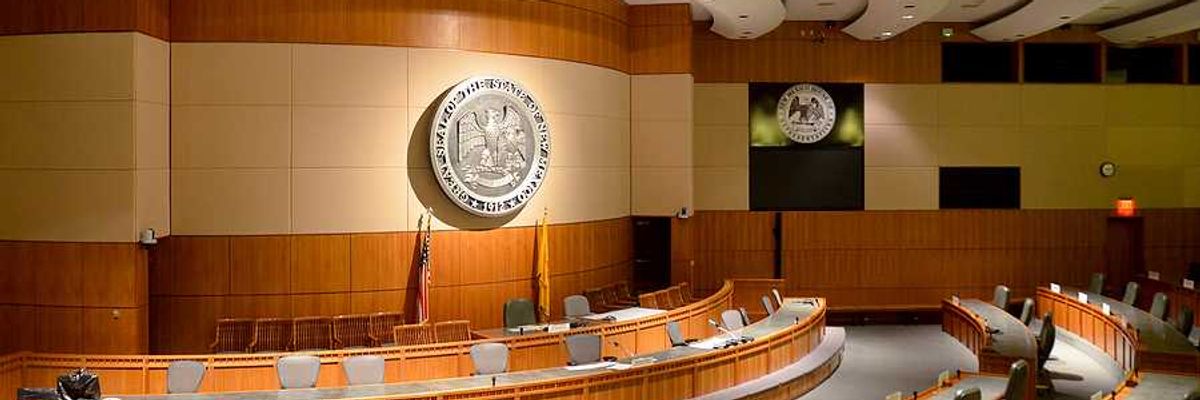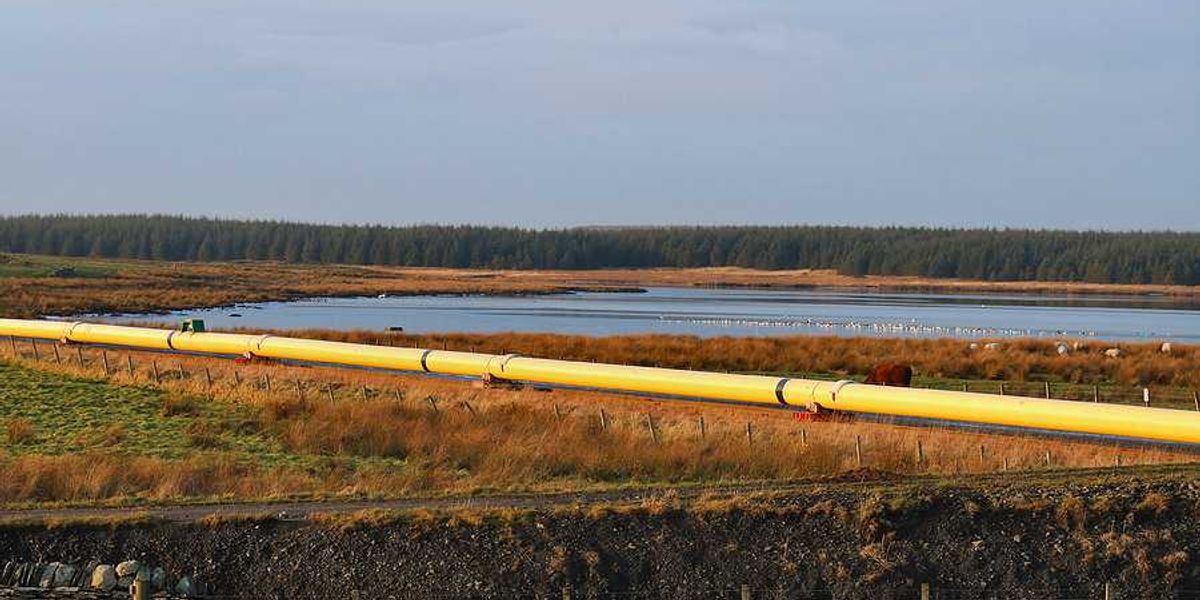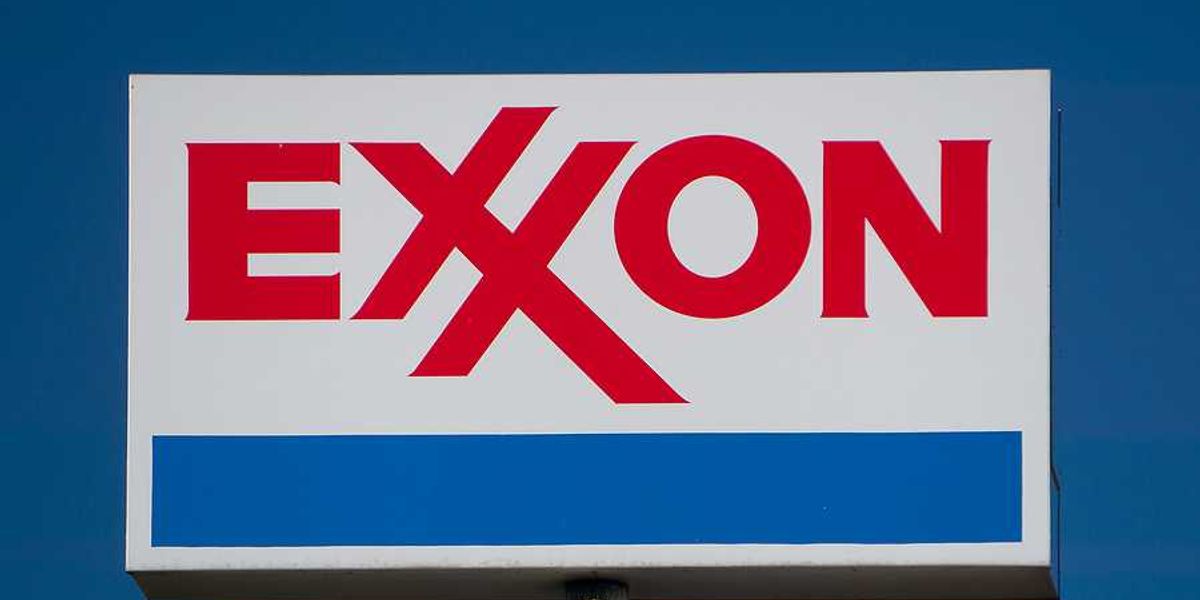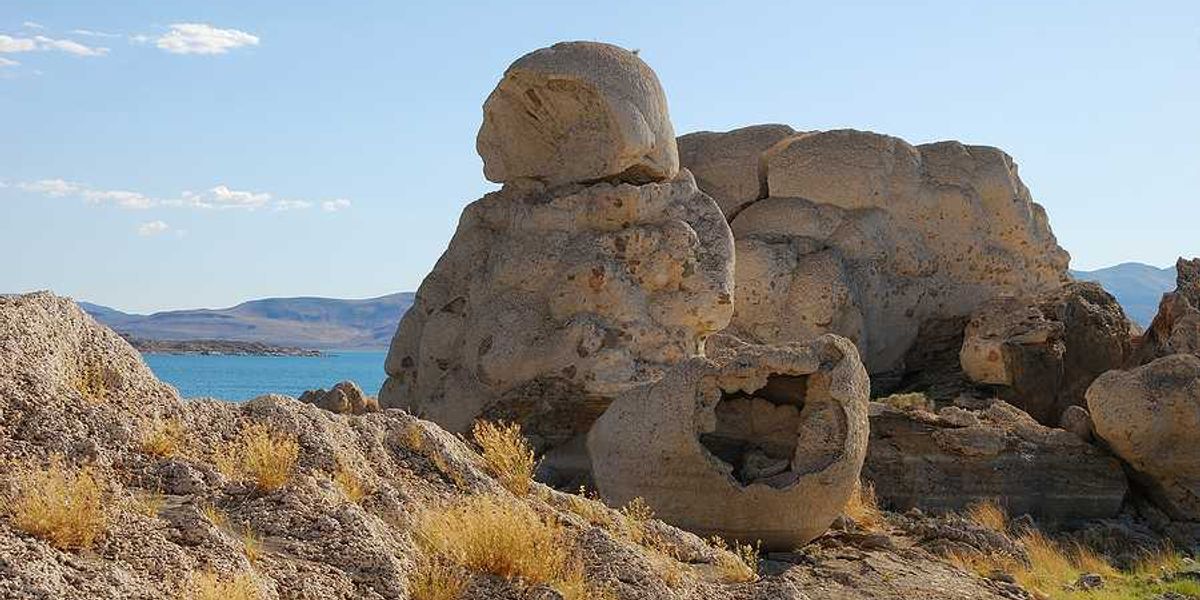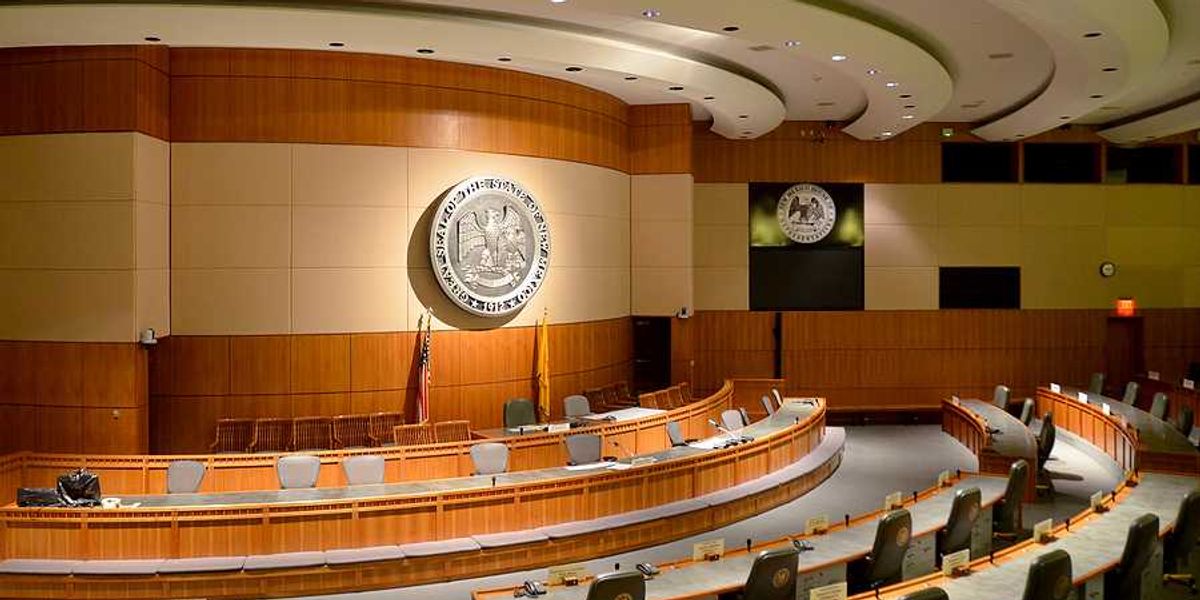injection
Legislators in Pennsylvania push controversial carbon capture bill
Pennsylvania legislators are backing a contentious bill to establish a carbon capture industry, raising environmental and public health concerns.
In short:
- Senate Bill 831 allows for carbon dioxide injection with minimal landowner consent and exempts operators from seismic monitoring in certain conditions.
- Environmental groups warn of potential leaks, health hazards, and insufficient landowner involvement in decision-making.
- The bill's supporters argue it is essential for the state's energy future and to secure federal funding for climate initiatives.
Key quote:
“This idea that they’re going to go all in on carbon capture and try to inject this stuff in the same places where it’s like Swiss cheese … is just plain stupid.”
— Karen Feridun, co-founder of the Better Path Coalition
Why this matters:
The bill proposes the development of infrastructure to capture carbon dioxide emissions from industrial sources and store them underground. This technology is seen by supporters as a vital tool to curb emissions from sectors that are hard to decarbonize, like manufacturing and energy production.
But critics warn that the environmental and health implications could be significant. Concerns range from the potential for groundwater contamination to the risk of carbon dioxide leaks, which could pose serious hazards to nearby communities. There are also fears that focusing on CCS might divert attention and resources away from renewable energy and energy efficiency measures, which are essential for a sustainable future.
Concerns rise over old wells affecting new carbon storage efforts in Louisiana
As Louisiana plans extensive carbon injection projects to combat climate change, thousands of abandoned oil wells pose potential leakage risks.
In short:
- Louisiana leads the nation in planned carbon storage wells, with over 60 currently in the permit process.
- The state has around 186,000 abandoned wells, many improperly sealed, raising concerns about CO2 and contaminated water leaks.
- Some experts advocate for more rigorous well assessments and slower project implementation to ensure safety.
Key quote:
“Basic information is lacking for a large number of abandoned wells, especially those plugged before the modern cementing standards instituted in 1953, and the locations of a number of abandoned wells are likely unknown.”
— Robert Rossi and Dominic DiGiulio, environmental scientists
Why this matters:
Improperly managed carbon storage could lead to environmental harm and negate the benefits of reducing atmospheric CO2. These old wells, many of which have not been properly sealed, could potentially leak, undermining the effectiveness of carbon sequestration efforts and posing a substantial environmental risk. If these wells were to leak, not only could they release stored carbon dioxide back into the atmosphere, but they might also allow other harmful substances to seep into groundwater supplies.

